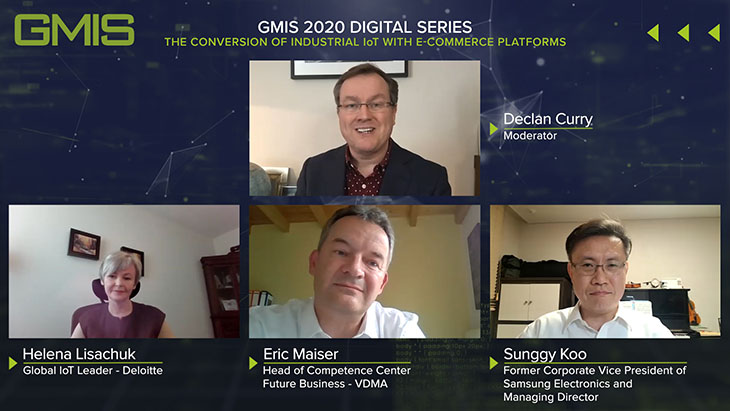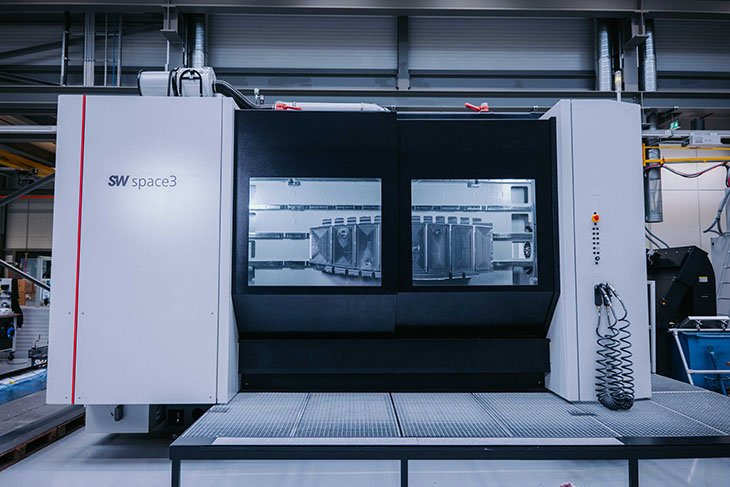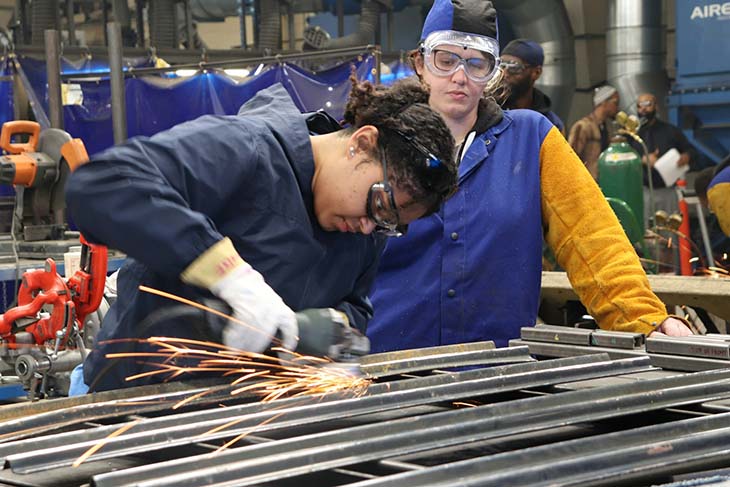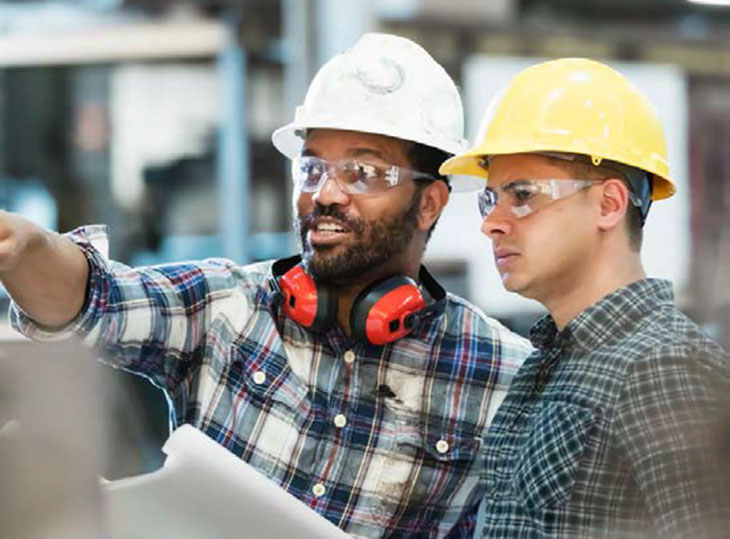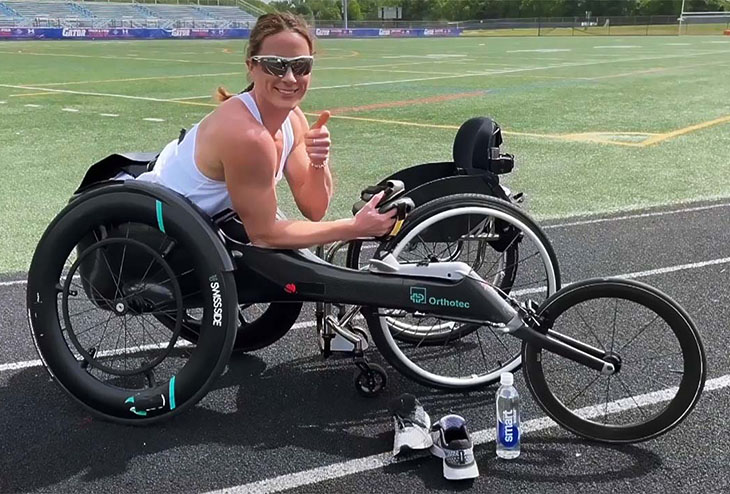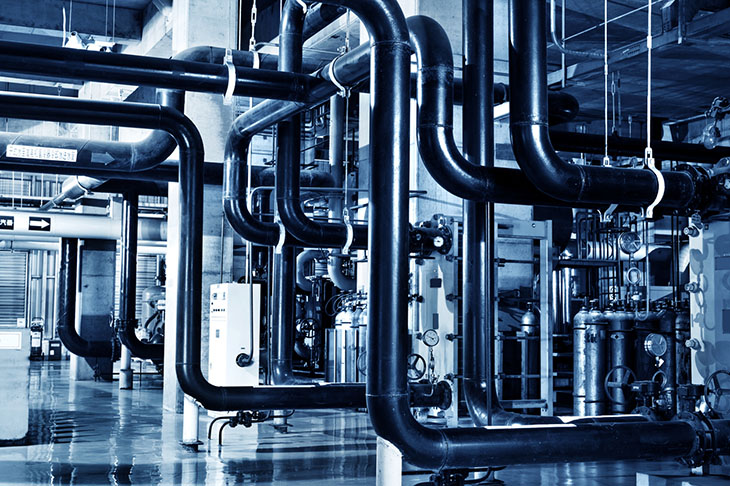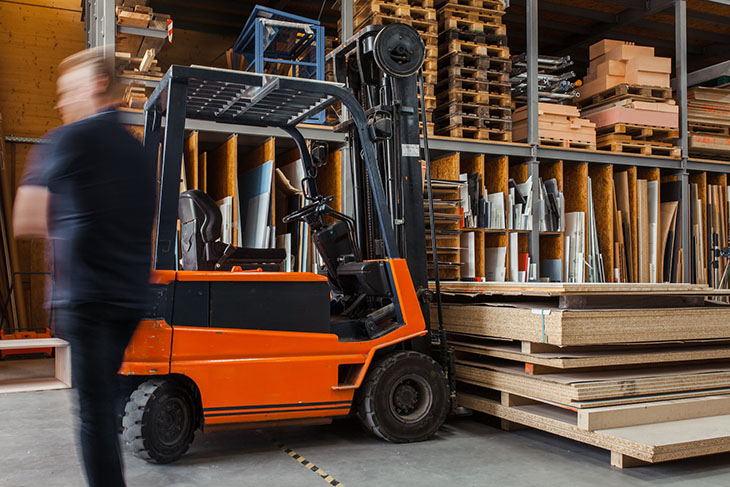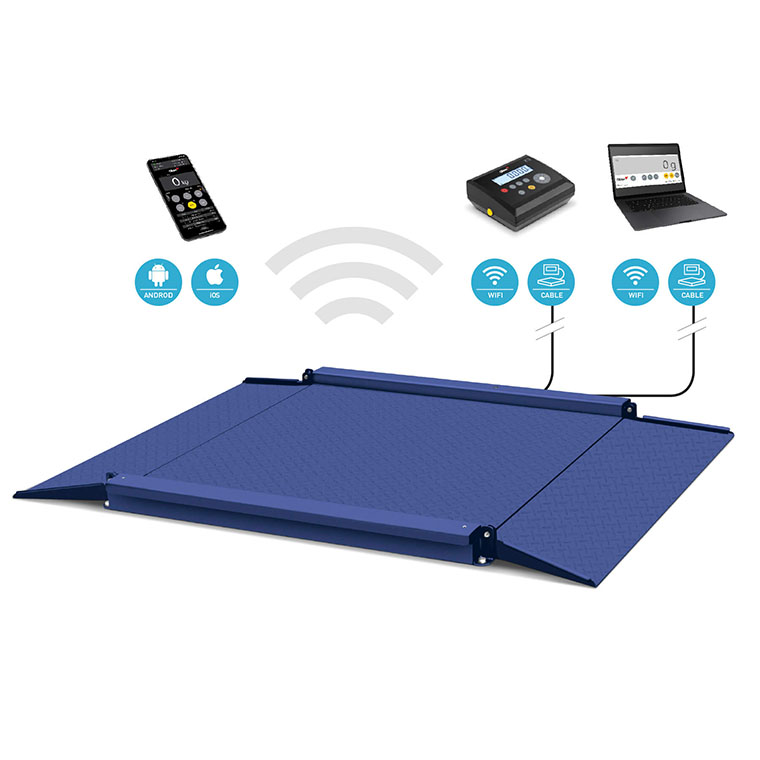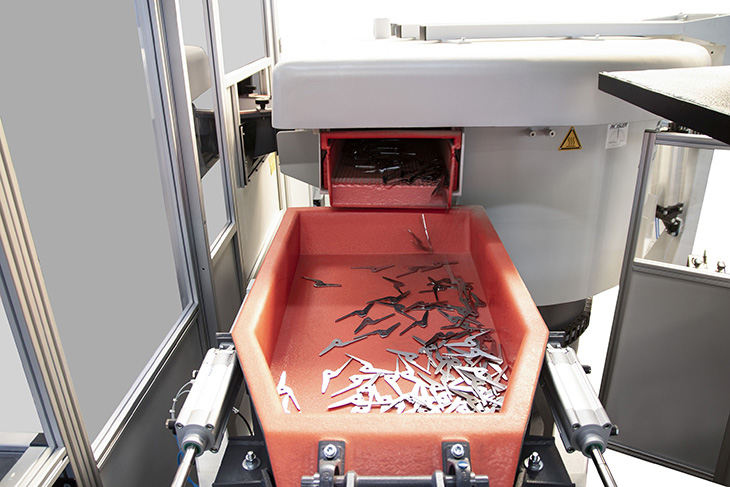- Integrating Industrial Internet of Things (IIoT) and e-commerce platforms brings end-to-end visibility along supply chains
- Combination would support growing demand for customisation of products
- Larger companies have a responsibility to help SMEs join these new ecosystems
- Industrial players must avoid ‘data protectionism’ to get full benefit of 4IR technology
- Senior representatives of Germany’s VDMA, Deloitte, and TMC LLC debate the conversion of Industrial IoT (IIoT) with e-commerce platforms at the Global Manufacturing and Industrialisation Summit’s Virtual Edition (#GMIS2020)
Hannover, Germany – August 4, 2020: The need for seamless integration between Industrial Internet of Things (IIoT) and e-commerce platforms has become imperative amid the disruption to global supply chains caused by the COVID-19 pandemic, leading experts from Germany’s VDMA, Deloitte, and TMC LLC said at the Global Manufacturing and Industrialisation Summit (#GMIS2020) Digital Series. Combining the two would help to ‘join the dots’ along supply chains, offering manufacturers the ability to connect with both suppliers as well as customers, bringing more resilience in the post-pandemic world.
Helena Lisachuk, Global IoT Leader at Deloitte, said: “By integrating the two [IIoT and e-commerce] you will bring end-to-end visibility in the supply chain and enable smoother transactions almost in real time,” she said. “The value, as a big enterprise, is that you can look after smaller suppliers to make sure they survive through a difficult time and can plan for the future. But you also have a direct relationship with your end customer.”
Sunggy Koo, Former Corporate Vice President of Samsung Electronics and Managing Director at TMC LLC said industry could learn lessons from e-commerce platforms which have successfully adopted technologies such as AI and predictive analytics.
“There has always been a challenge of having full visibility of your supply chains and manufacturing flows,” he said. “A lot of smart factories are not connected to this type of the marketplace. Once they combine full visibility of their supply chains and what's happening on the floor, there can be a huge benefit.”
Dr Eric Maiser, Head of Competence Center Future Business at VDMA, Germany’s Mechanical Engineering Industry Association, said connecting IIoT platforms and e-commerce would allow makers of industrial machinery to offer additional aftermarket services that would enhance their future business prospects.
“Machine makers today not only provide the hardware and plug them together. They also use data to understand customer needs and add those new digital services, and this is where B2C platforms come in. Additional services mean additional business and digitalisation has a big impact there.”
Lisachuk added that the combination of IIoT and e-commerce would also help to satisfy growing demand for customisation of products. She said: “You personalise your experience as much as possible on e-commerce platforms that target B2C. Bringing that experience towards the industrial space, you could learn a lot from e-commerce models in terms of personalisation, customisation, and distribution.”
Bringing SMEs into the ecosystem
Ensuring that small and medium enterprises (SMEs), which play a critical role in manufacturing supply chains, are not left behind would involve collaboration between all players, especially when it comes to sharing the cost of introducing technology platforms.
This collaboration should also include the major cloud platform or infrastructure providers, some of which Lisachuk said are deliberately offering affordable digital services for SMEs. She added that there was a responsibility for larger organisations to recognise the important role SMEs play in the economy in terms of innovation.
“I definitely expect more collaboration and more ecosystems,” she said. “And I expect more large players to step up and meet their social responsibility because many companies nowadays are driven to do the right things for society, for people and for nature.
Maiser said it was essential that SMEs, which are often highly specialised manufacturers, particularly in Germany where the ‘Mittelstand’ group of SMEs are a powerful force in the economy, build connected platforms in partnership with others.
“SMEs do not always have the money or the capabilities to set up their own platforms,” he said. “However, the fact is they still have to collaborate as machine makers. You might specialise in making a single machine but your customer probably has other machines either side of yours so it's important to understand the whole process chain and connect to that.”
Continued advancement of connected ecosystems that integrate IIoT with e-commerce would provide additional challenges to ensure that the data that is gathered is reliable, of good quality and secure. Sunggy Koo said supply chains were often disjointed and that participants were reluctant to share data.
“Manufacturers should work together with suppliers towards a common goal, to figure out the best way to share data so they can see better outcomes across all operations. This is the challenge that we're seeing more and more, but I think there are always solutions when you have a trusting relationship with your suppliers.”
Maiser agreed that it was important to break down barriers when it comes to sharing data along the supply chain. “When sharing data you don't have to be naive but if you want to use artificial intelligence you need a lot of data, and you have to share that data. So, if you want to tap into that you have to avoid data protectionism.”
Hosted by journalist and broadcaster Declan Curry, the virtual panel discussion on ‘Digitising Production and Digitalising Delivery: The conversion of Industrial IoT (IIoT) with e-commerce platforms’ is the sixth session of the #GMIS2020 Digital Series that will lead up to the Virtual Summit on September 4-5, 2020. The session is available to watch on-demand at https://bit.ly/2YHVHyY.
Through its Virtual Editions, the third edition of the Global Manufacturing and Industrialisation Summit (#GMIS2020), a joint initiative by the United Arab Emirates (UAE) and the United Nations Industrial Development Organization (UNIDO), is bringing together high-profile thought-leaders and business pioneers from around the world to shape the future of manufacturing, discuss the impact of pandemics on global value chains, and highlight the role of fourth industrial revolution (4IR) technologies in restoring economic and social activities.
Participants can watch the GMIS Virtual Summit and Digital Series by registering on the following link: https://bit.ly/3eYq75o. The programme agenda is available on the following link: https://bit.ly/2Al40r7.
VIDEO: https://player.vimeo.com/video/444306630









